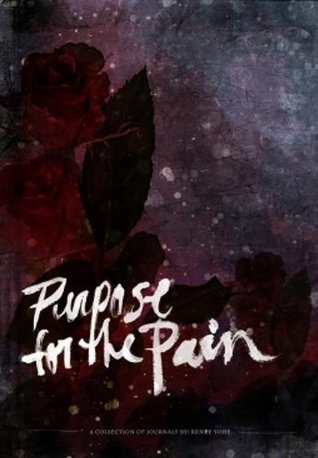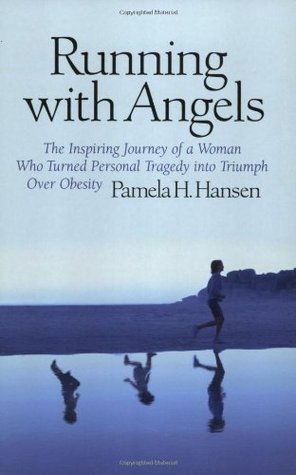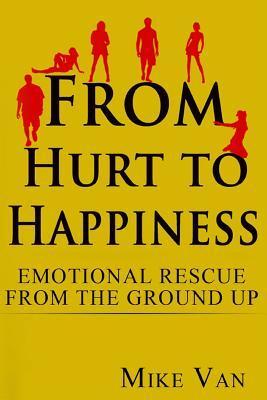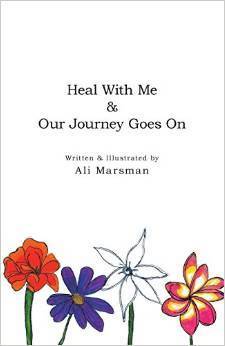
Purpose for the Pain
Book Description
What if your greatest struggle could become your greatest strength? In 'Purpose for the Pain,' Renee Yohe takes you on an emotional rollercoaster through the heart-wrenching battles of addiction and mental illness. Each page pulses with raw honesty, illuminating the dark corners of despair and the flicker of hope that follows. Friends become lifelines, while love and betrayal intertwine in a gripping tale of resilience. As the stakes escalate and choices become impossible, the question lingers: Can pain truly be transformed into purpose, or does the spiral of despair hold the final say?
Quick Book Summary
"Purpose for the Pain" by Renee Yohe is a candid memoir blending prose and poetry to chronicle her harrowing journey through addiction, self-harm, depression, and eventual recovery. Through raw honesty and vulnerability, Yohe invites readers inside the tangled reality of mental illness—the cycles of hope and despair, the grip of substance abuse, and the aching need for connection. Friends and supporters play pivotal roles as Yohe navigates love, betrayal, treatment, and relapse. The book is both a personal confession and a message of hope, arguing that pain, no matter how deep, holds seeds of transformation. Ultimately, Yohe's journey is about finding purpose within suffering and using her story to inspire others facing similar battles.
Summary of Key Ideas
Table of Contents
Transforming Pain into Purpose
Renee Yohe’s memoir is an immersive, poetic recounting of her life scarred by mental illness, addiction, and self-harm. She writes with unflinching honesty, describing the inner turmoil fueled by depression, anxiety, and the search for relief in drugs and dangerous behaviors. Her narrative pulses with anguish, yet remains accessible and relatable, offering insight into how mental health struggles can feel isolating, relentless, and overwhelming. Through evocative language, Yohe allows readers to not only witness but also feel the darkness she endured.
Honest Depiction of Mental Illness
Central to Yohe’s story is the crucial role of relationships. Friends, family, and newfound supporters become her lifelines, offering empathy, intervention, and sometimes heartbreak. The memoir shows how connection can provide hope, yet also how trust can be broken—sometimes by others, sometimes by herself. These interpersonal dynamics are woven with love, betrayal, disappointment, and forgiveness, highlighting the unpredictable role of community in healing and relapse.
The Importance of Relationships and Community
Throughout the book, Yohe explores the cyclical nature of recovery and relapse. She details her time in treatment and captures the vacillations between progress and backslide. Recovery is portrayed not as a linear path but as a daily, sometimes moment-by-moment, choice. Through this dynamic, she emphasizes the difficulty of lasting change and the persistence required to move forward, even amid setbacks and hopelessness.
Cycles of Despair and Hope
Yohe’s poetic style underscores her relentless search for meaning in suffering. With artistic sensibility, she transforms pain into creative expression on every page. The process of writing becomes both confession and catharsis—a tool for healing and a gift to others who may be struggling. She confronts the question of whether suffering can serve a higher purpose, ultimately asserting that resilience and empathy can emerge from even the deepest wounds.
Recovery as a Lifelong Process
One of the memoir’s lasting messages is that recovery is a lifelong commitment. Yohe does not close her account with triumphant resolution, but rather with a recognition that healing continues indefinitely. She acknowledges setbacks and the need for ongoing support, offering hope as an evolving choice. Her journey becomes a beacon for those still wandering in darkness, proving that while pain may never fully disappear, it can be transformed into purpose and connection.
Download This Summary
Get a free PDF of this summary instantly — no email required.





